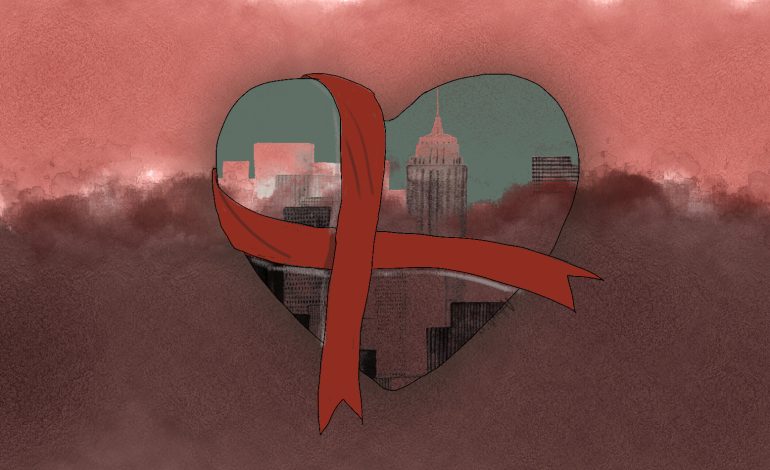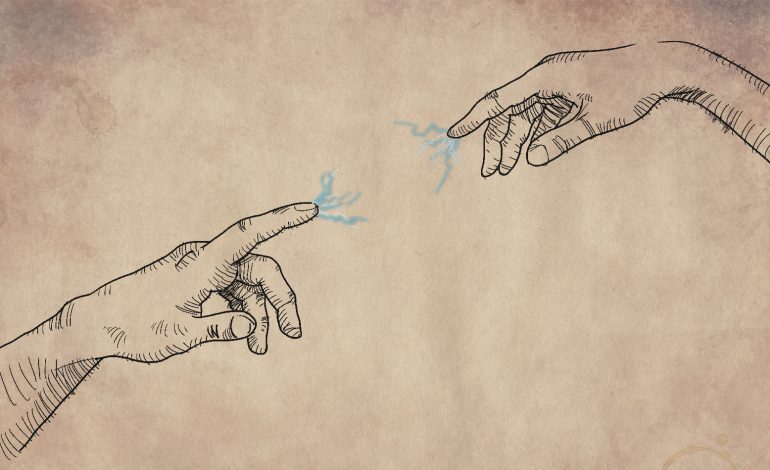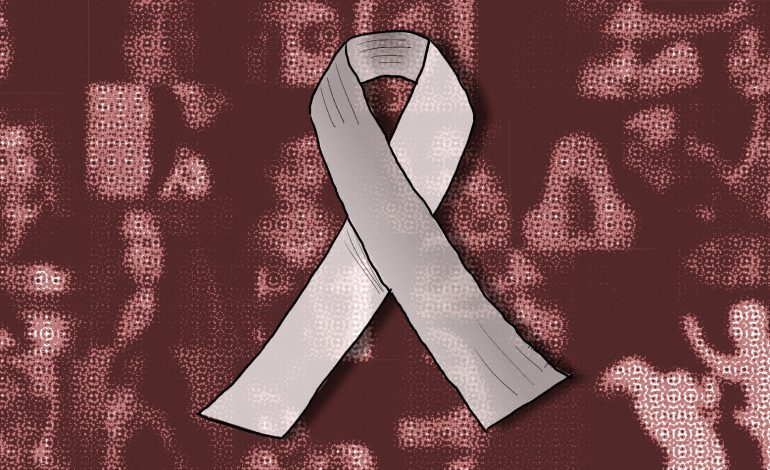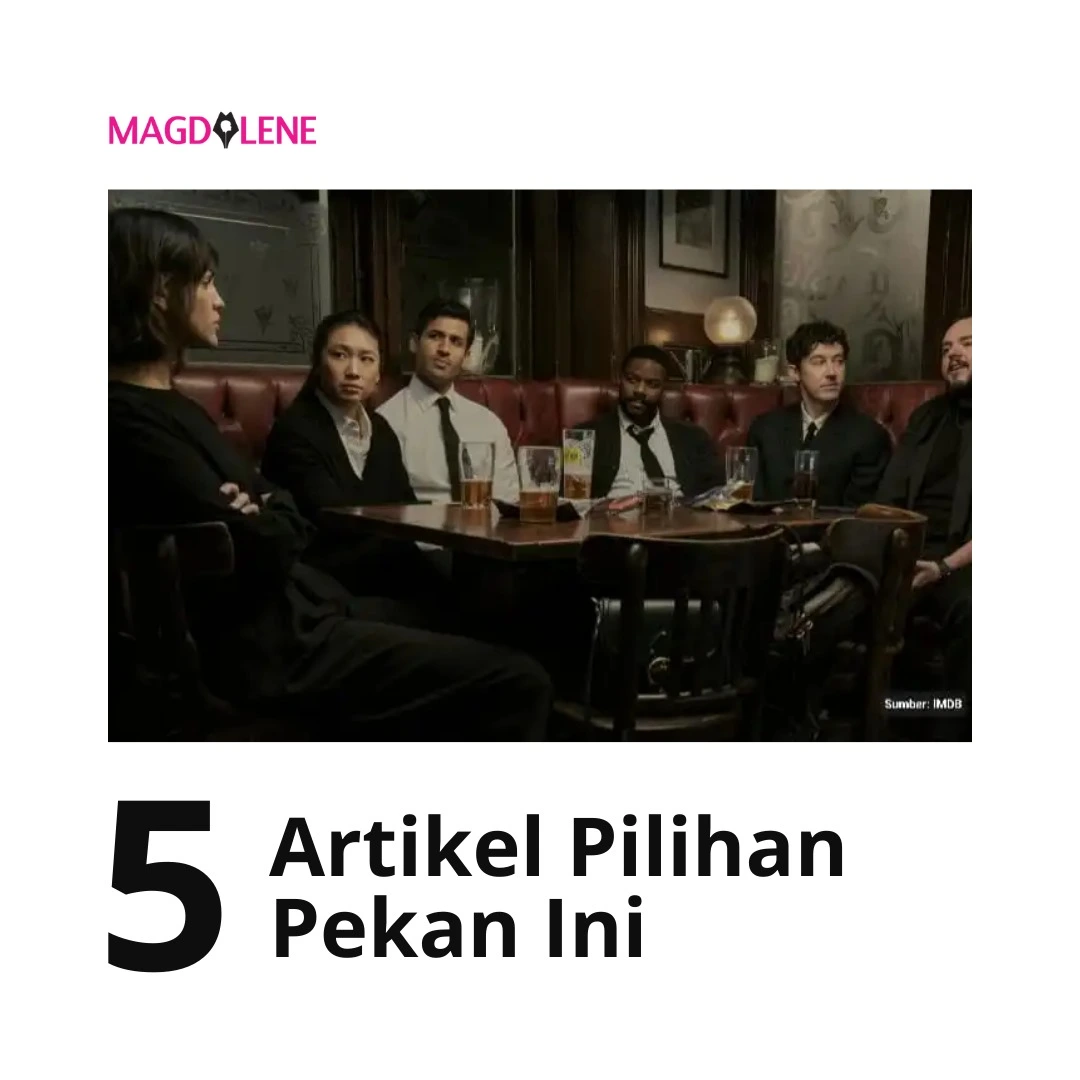Sex Work, Myths and HIV Program
In a country where religious-tinged morality influences policies, the government measures to control prostitution threaten efforts to curb the spread of HIV/AIDS and STDs among sex workers.

There are seven most common myths surrounding sex work, as pointed out by UNAIDS Senior Policy Advisor, David Bridger, in a recent discussion about HIV/ AIDS in Jakarta.
They are:
- All sex workers are women. (Not true. They can be male or transgender. In London, 30-50 percent of sex workers are male. Jakarta has its own infamous park to pick up male sex workers)
- All sex workers are single (Fact: Many are in relationship and many are married, and they work to support their family).
- All sex workers are trafficked or coerced (Study shows most of them are not).
- All sex workers do not or will not use condom. (More sex workers are using condom. They can consistently use condom when taught how to use it and negotiate condom use with clients)
- Sex workers are illegal, therefore programs cannot be possibly implemented. (Illegality hampers HIV program and create barriers for sex workers seeking HIV prevention and care)
- Sex work is not work. (It is a contractual arrangement and is entitled to workers’ rights. In New Zealand they can be registered).
- Laws against selling or buying sex or owning a brothel prevent trafficking and reduce sex work. (No evidence)
These myths, unfortunately, have driven policymakers to create strategies that are not evidence-based, according to Bridger.
“When related to sex workers, morality seeks evidence to support. It becomes policy-based evidence instead of evidence-based policy. While evidence-based approach is important,” he said in a discussion held by the Jakarta Foreign Correspondent Club (JFCC).
The situation occurs in Indonesia, where some local governments criminalize sex workers instead of protecting them. Brothels are cracked down and closed, with the last one being the Dolly red light district in Surabaya, East Java, early this year.
“(The closure) is making HIV prevention program more difficult. It’s the same old story, sex workers are pushed to underground in informal environment,” Bridger said.
Former Minister of Health Nafsiah Mboi said that the rate of new infections of HIV has been leveling off in the country within 2010 to 2014.
HIV prevalence rate in Indonesia is at 0.4 percent of the 249 million population. As of September 2014, there were 22,869 new cases of HIV and 1,876 new cases of AIDS, according to the Ministry of Health Data.
The numbers have shown a decrease from 2013, which had 29,037 new HIV infections and 6,266 AIDS cases.
“The number of AIDS cases have decreased. We’ve been able to find people with HIV earlier so they are not to reach AIDS,” said Nafsiah, who chairs the board of the Global Fund to Fight AIDS, TB and Malaria.
HIV rate among sex workers have stabilized in the past years, she said. But the closure of red light districts is feared to drive the number up again.
“The closure of Saritem (in Bandung), Kramat Tunggak (in Jakarta) and Dolly are very upsetting for HIV activists. Reports show that some of (the sex workers in Dolly) have moved to Bali and Papua,” said Nafsiah.
Papua already has the highest HIV prevalence in the country at the staggering 2.23 percent of a population of only about 2 million people.
Another alarming fact about sex work in Indonesia is how an estimated 40,000 to 70,000 Indonesian children, especially teenage girls aged 12 to 17 years old, have been exploited in prostitution within the country, according to data from PKBI, the Indonesian version of Planned Parenthood.
A report by Associated Press showed that even child pimp is on the rise in the country, with the National Commission for Child Protection says 21 girls between 14 and 16 have been caught working as “mamis” last year, and there are likely far more.
“But instead of protecting sex workers, some local governments are criminalizing them. This situation made women more vulnerable of violence and sexually transmitted diseases, including HIV,” said PKBI executive director, Inang Winarso.
Meanwhile, men who buy sex could still sleep well without disturbance, Inang said, while silently transmitting HIV to their wives or partner. An estimated of eight million men in Indonesia use the service of sex workers, according to Nafsiah.
Sex Works 2.0
As sex workers are pushed underground, they have been moving online through social media and the proliferation of “online dating site.” Sex workers and pimps are using text messages and social media to book clients and make transactions without having to put on the red light.
“It’s getting more challenging. We used to approach sex workers at the parks, but now it’s more difficult,” said Tono Permana Muhamad, national coordinator of the Gay, Trans Women and Other MSM (Male Having Sex with Male) Network (GWL-INA).
This situation requires HIV responses to embrace technology. HIV activists now have to be more active in social media and work together with dating sites, Tono said.
Gay dating site Hornet has made a good move by giving space to provide HIV status and AIDS information on people’s profile, he said. Another site, brondongmanis.com reaches out to gay people and provide information on sexual health, he added.
Nafsiah said while it is more difficult to reach sex workers, at least all of them have cell phone so information is more accessible right now.
Read Hera’s piece on women’s issue in the election.












